Our team is exploring innovative solutions to promote well-being. We begin with pioneering continuous monitoring systems, achieved through hardware–software co-design, and extend our work with the AI+Brain initiative, which aims to deepen our understanding of brain function and inspire the design of brain-inspired AI algorithms. We further explore cognitive training—particularly for Alzheimer’s patients.
In medicine, our Disease-centric Foundation and Adaptation for Multimodal Medicine project develops unified multimodal foundation models to encode diverse medical data across various disease-specific scenarios. Complementing this, our AI for Biology and Drug Discovery effort leverages state-of-the-art machine learning techniques to address complex challenges—from creating foundation models for DNA sequencing and generative models for single-cell data to identify optimal drug combinations and designing novel therapeutics through conditional 3D molecule generation.
Additionally, our research studies accessibility challenges through our AI Speech Therapist, which integrates specialized speech feature detection with robust speech recognition to provide effective assessment and training for individuals with speech disorders.
Together, these projects illustrate our commitment to harnessing advanced technologies to improve health and well-being for diverse populations.
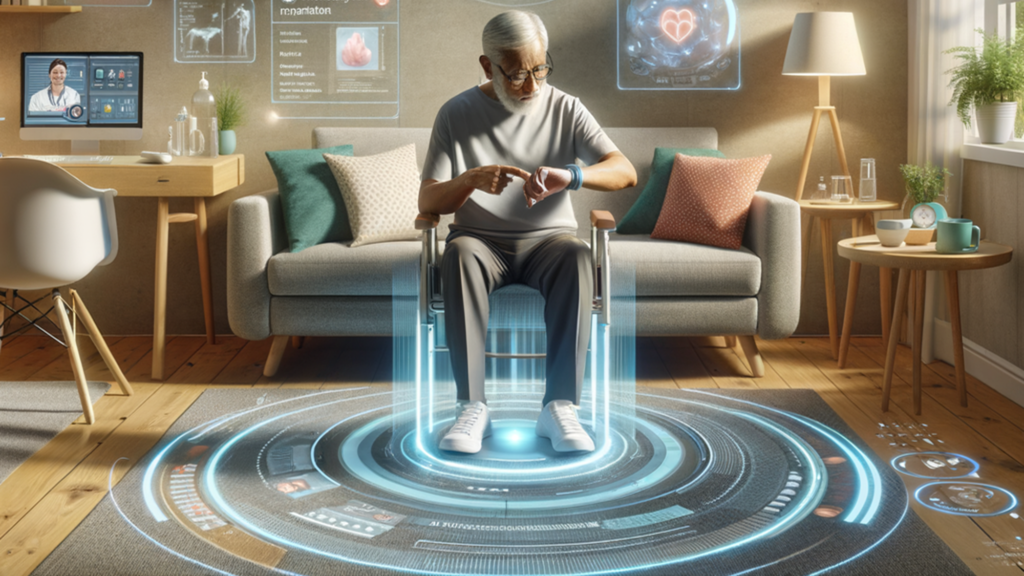
Beyond Hospital Walls: Transforming Healthcare using In-Home monitoring
We explore continuous monitoring systems based on hardware-software co-design to integrate advanced metasurfaces optimized to manipulate waves beyond conventional limits with sophisticated machine learning algorithms. Our research prototypes can all be delivered through user-friendly commodity devices with minimal intervention.
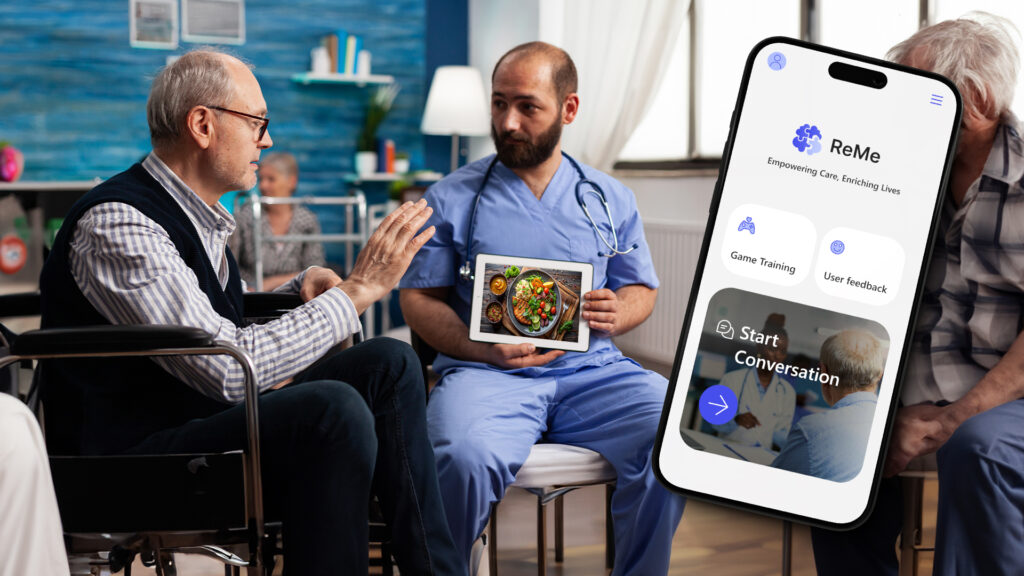
ReMe: A Cognitive Training Framework
An LLM-based framework designed to create AI chatbots that facilitate personalized cognitive training. It has the potential to be highly beneficial in the area of cognitive health, such as in the prevention and early intervention of Alzheimer’s disease.
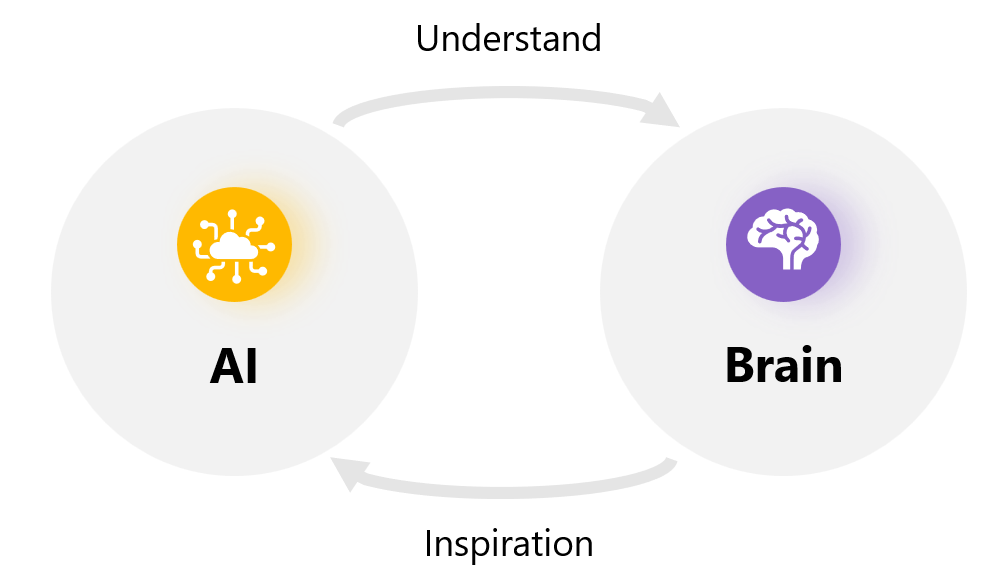
AI+Brain
The team conducts interdisciplinary research and uses artificial intelligence technology to help neuroscientists better understand the brain. This understanding may not only aid in exploring the mechanisms of brain diseases and promoting brain health but also provide inspiration from the brain to design smarter artificial intelligence.
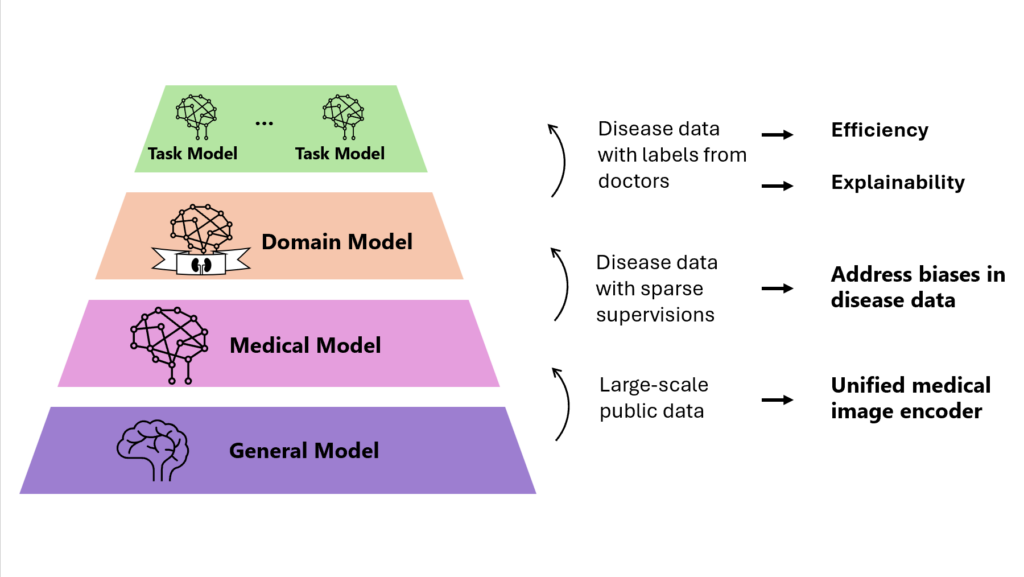
Disease-centric Foundation and Adaptation for Multimodal Medicine
Develop multimodal foundation models for encoding diverse medical data and applying them across various disease-specific scenarios, striving for a unified solution to address diverse real-world healthcare challenges.
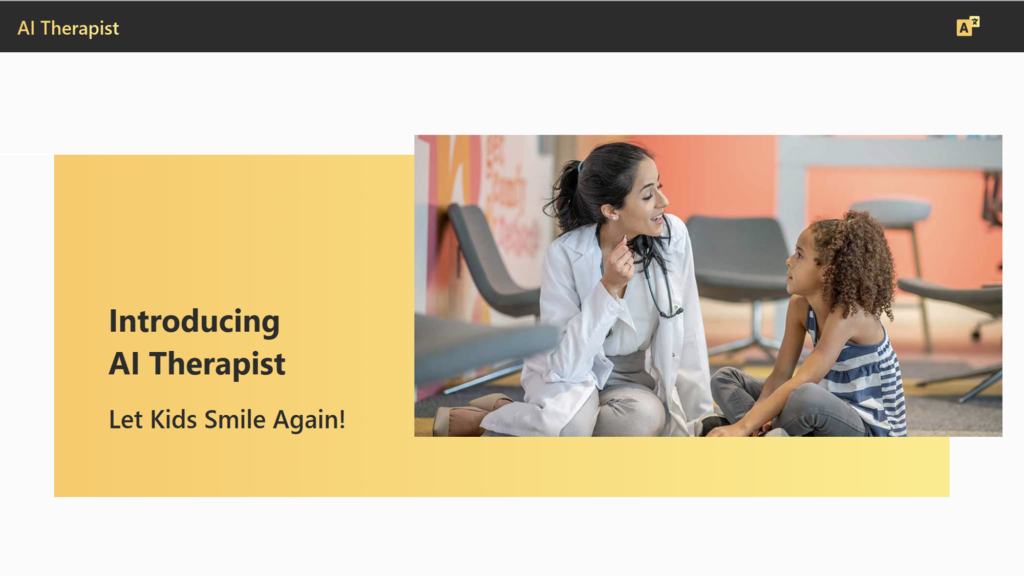
AI Speech Therapist
An innovative research prototype that leverages speech feature detection models, integrated with a robust general-purpose speech recognition engine, to power the assessment and training of people with speech disorder.

